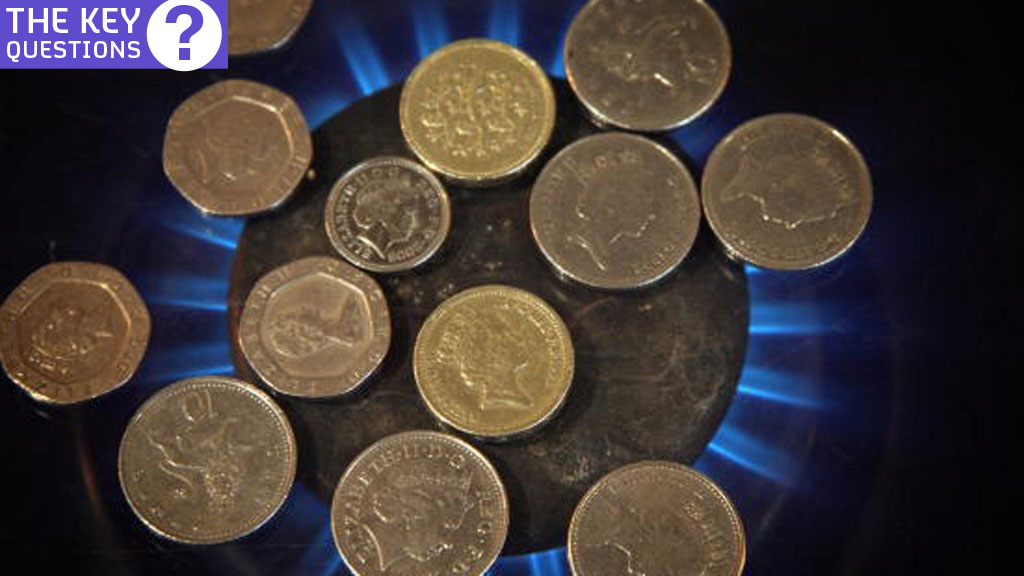SSE scandal – the key questions
The SSE scandal has reignited suspicion over pricing and comes as three other energy firms are being investigated. What should consumers do now?

SSE spokespeople describe it as “prolonged and extensive mis-selling”. But at its most basic, SSE has been found to have misled customers and made some of the most audacious claims ever recorded in sales breaches between 2010 and 2013.
What exactly is mis-selling and how did it occur?
In an example from one doorstep script used in the north of England, the salesperson was recorded as saying: “What I’m here to do today is show you a government thing called deregulation which results in your energy prices being lowered by doing nothing at all”. Ofgem, the industry regulator that imposed the fine, has said neither “deregulation” nor “doing nothing” led to reduced energy prices.
Other charges include selling tariffs based on inaccurate information about the firm’s competitors, omitting key information during a sales pitch and knowingly selling tariffs that were not suitable to the needs of the customer.
Can customers claim compensation?
Yes. With 10 million UK customers, SSE clearly realises the gravity of the situation it faces and has “apologised unreservedly”, insisting it is “deeply regretful”. It has set up a £5m fund and is vowing to reimburse those who may have been affected by its practices. It has set up a helpline for those who believe they are entitled to compensation, which is 0845 0707388.
Why has it taken this long to uncover these practices?
Ofgem has apportioned much of the blame on SSE’s vehement opposition to the investigation which was launched in 2010. It is understood that SSE contested almost every allegation with legal involvement that slowed down the process. Ofgem could only impose fines once every contesting claim had been investigated and a decision reached.
Is SSE the only energy provider at fault?
Today’s breaches are SSE’s, but other firms are still under investigation. Ofgem has now finished two of four mis-selling investigations launched in 2010; with probes into Scottish Power and NPower still ongoing. It also launched an investigation into E.ON’s sales practices last April. EDF Energy, another of the big suppliers, agreed a £3.5m deal with the regulator last March.
Is it time for me to switch provider?
Consumer groups say that the playing field for malpractice is helped by a country that is not used to switching energy providers. According to Which?, 60 per cent of people say they have never switched, despite potential savings of a couple of hundred pounds for first-time switchers.
Instead households should get into the mindset of checking prices when a fixed-term tariff comes to an end – or prices go up. Normally you should not have to pay a penalty for switching providers if prices go up.
Firms that try to impose an exit fee should be referred to Ofgem’s standard licence conditions 23 and 24, which explain these rules.
Should I regularly switch provider?
That depends on what you are paying now. While many providers offer a first-time switch incentive, it is always worth checking for the best deal each quarter. It is worth remembering that when switching provider, you will be getting a comparison of your current tariff with the supplier’s best rate tariff.
New changes to be shortly implemented by Ofgem will help, as they will clarify whether that company has a cheaper tariff and insist on clearer signposting to prices so that consumers can make an accurate price comparison that takes into account market rates.